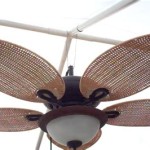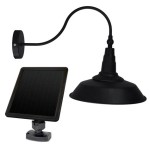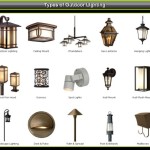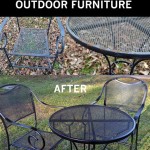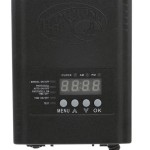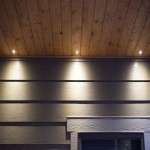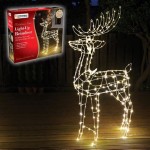Outdoor Tennis Court Lighting Design: Essential Aspects for Optimal Performance
Tennis is a popular sport enjoyed by people of all ages. To ensure a safe and enjoyable playing experience, proper lighting is essential for outdoor tennis courts. This article will delve into the critical aspects of outdoor tennis court lighting design, providing guidelines and best practices to achieve optimal illumination.
Illumination Levels
The International Tennis Federation (ITF) sets minimum illumination levels for outdoor tennis courts based on the level of play. For recreational play, an illumination level of 200 lux is recommended. For competitive play, a higher illumination level of 500 lux or more is required. These levels ensure players have adequate visibility to accurately judge the ball's trajectory and make strategic decisions.
Uniformity
Uniform illumination is crucial for consistent playing conditions across the entire court. Non-uniform lighting can create shadows or glare, affecting players' depth perception and making it challenging to hit the ball effectively. Proper lighting design aims for even distribution of light, ensuring optimal visibility in all areas of the court.
Glare Control
Excessive glare can be a significant problem for tennis players, impairing their vision and affecting their performance. Glare is caused by bright light sources directly or indirectly entering players' eyes. Lighting fixtures should be carefully positioned and shielded to minimize glare while maintaining adequate illumination.
Light Source Selection
The choice of light source for outdoor tennis court lighting can significantly impact the overall performance and quality of illumination. High-intensity discharge (HID) lamps, such as metal halide or high-pressure sodium, have traditionally been used for tennis court lighting. However, LED (light-emitting diode) lighting has emerged as a more energy-efficient and durable option.
LED lighting offers advantages such as longer lifespan, higher light output, and better color rendering, resulting in a more natural and vibrant playing experience. Additionally, LED fixtures are more environmentally friendly, consuming less energy and reducing light pollution.
Fixture Placement
The placement of lighting fixtures is critical to achieving uniform illumination and minimizing glare. Fixtures should be positioned at an appropriate height and spacing to ensure even light distribution. Proper pole placement can also help prevent shadows from obstructing play.
Control Systems
Lighting control systems allow for convenient and efficient operation of outdoor tennis court lighting. These systems enable remote control and scheduling, allowing courts to be illuminated only when in use. Occupancy sensors can further save energy by automatically switching off lights when no activity is detected.
Conclusion
Proper outdoor tennis court lighting design is essential to create a safe, enjoyable, and competitive playing environment. By adhering to the principles of illumination levels, uniformity, glare control, light source selection, fixture placement, and control systems, designers can achieve optimal lighting conditions for outdoor tennis courts.

The Guide To Sports Lighting Take Tennis Court For Example Agc

Led Tennis Court Lighting Layout Design Guide Sports Venue Calculator

Led Tennis Court Lighting Layout Design Guide Sports Venue Calculator

Led Tennis Court Lighting Layout Design Guide Sports Venue Calculator

Outdoor Tennis Court Lighting Frasure Reps Sports

The Guide To Sports Lighting Take Tennis Court For Example Agc

The Guide To Sports Lighting Take Tennis Court For Example Agc

Tennis Court Lighting Design Indoor Outdoor Kellwood

Best Led Tennis Court Lighting

Led Tennis Court Lighting Layout Design Guide Sports Venue Calculator
